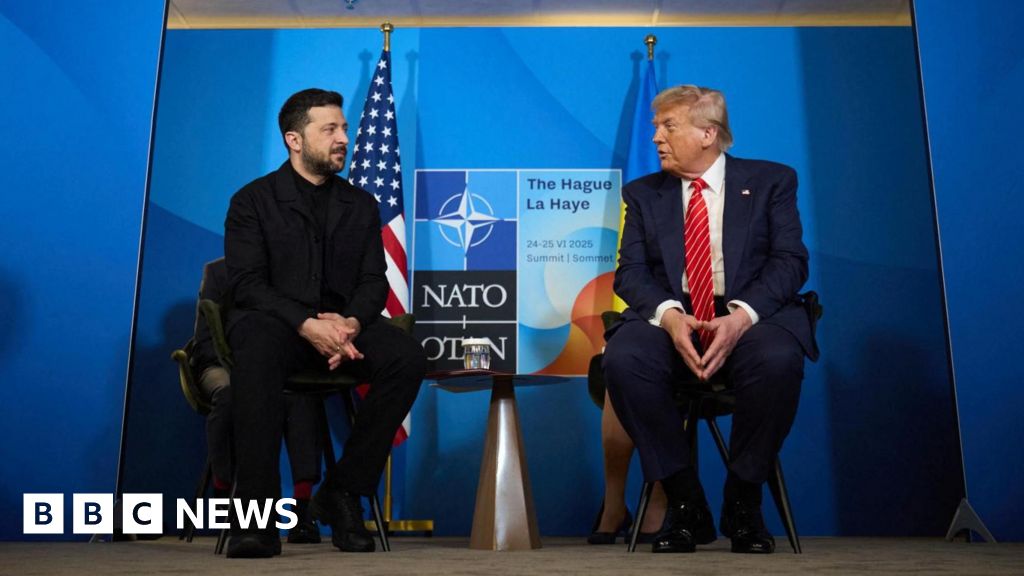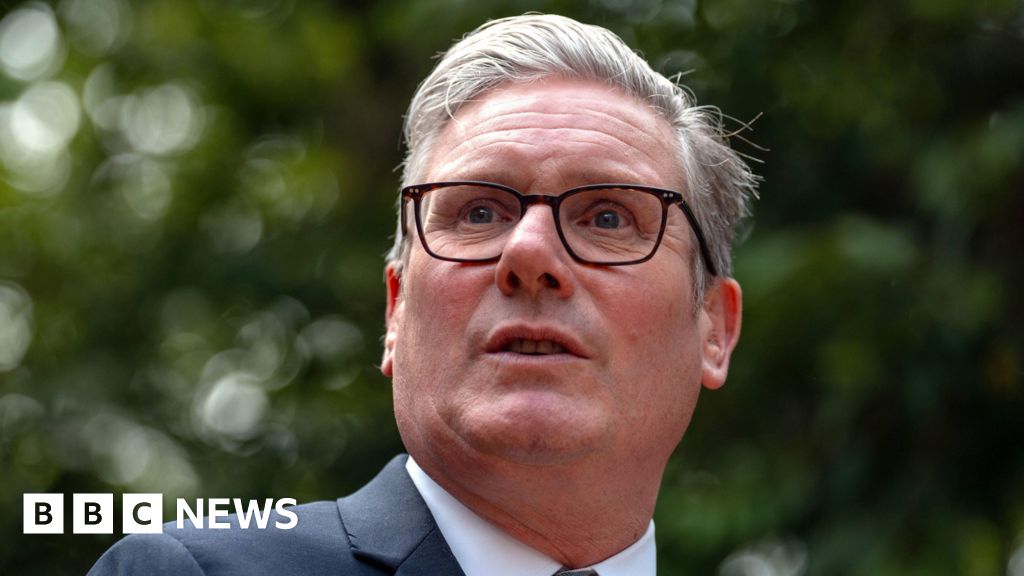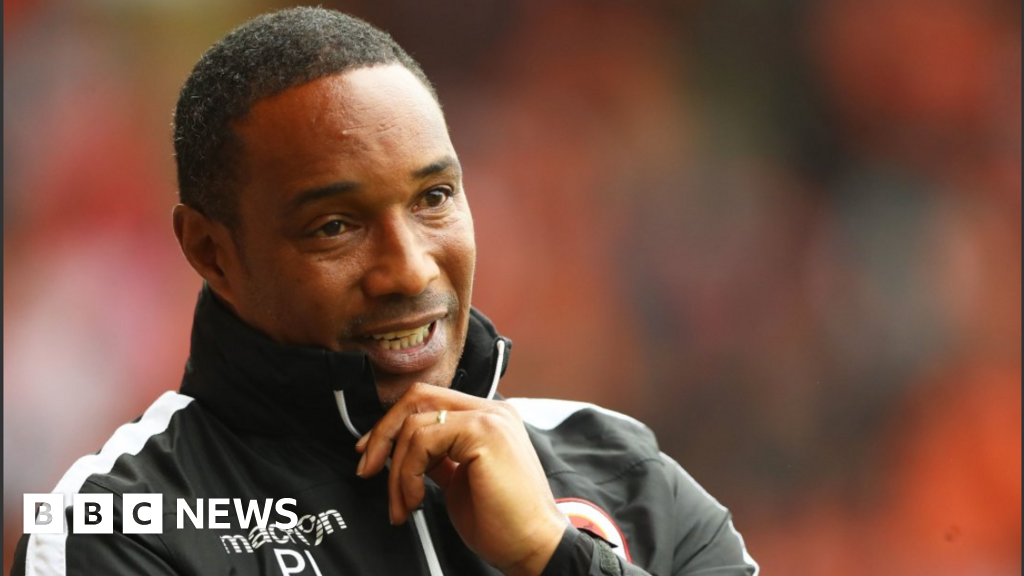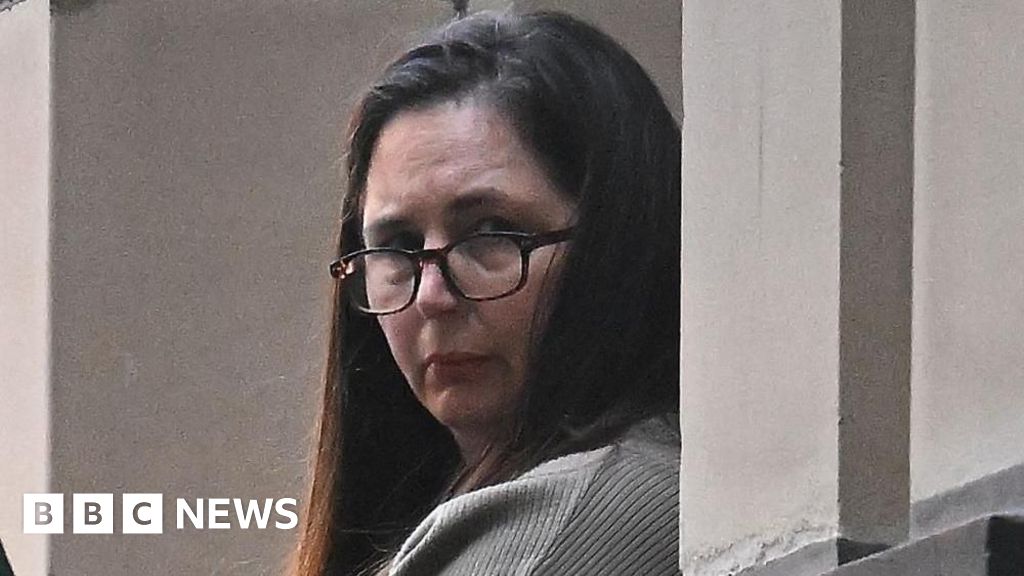Hugh Schofield
BBC News, Paris
French journalists' unions on Tuesday called on Algeria to release a French football writer who has been jailed for seven years for supporting terrorism.
Christophe Gleizes, who is 36, was sentenced on Sunday, after being found guilty of holding exchanges with a proponent of self-determination for Algeria's Kabyle minority.
The journalist, who specialises in African football for the Paris-based So Foot magazine, travelled to Algeria in May 2024 for an article on the well-known club JSK (Jeunesse Sportive de Kabylie) based in Tizi Ouzou, some 100km (62 miles) from the capital Algiers.
He was detained a few days later in Tizi Ouzou and for the last 13 months has been under a form of limited freedom, unable to leave the country and obliged to report regularly to police.
Under advice from French diplomats, his family and fellow journalists kept his plight under wraps pending the result of the trial.
"The imprisonment of a journalist for carrying out his profession is a red line that must never be crossed. Christophe Gleizes must be given back his freedom, his family and his writing," journalists' representatives from around 40 different French media said in a statement.
"Nothing can justify the ordeal that Christophe is going through now," his family said.
"In all his writing he showed a passionate interest in the lives of African footballers. Is this his reward?"
Gleizes's case recalls that of French-Algerian writer Boualem Sansal, who has been in jail since being arrested at Algiers airport in November last year.
On Tuesday an appeals court in Algiers confirmed the five-year prison sentence handed down in March, after Sansal's conviction for breaking state security laws.
The writer, who is 80 and suffers from cancer, was found to have "threatened national unity" in an interview he gave to a rightwing French website in which he questioned the official Algerian account of its pre-independence history.
Following the appeals court sentence, French prime minister Francois Bayrou expressed the hope that President Abdelmadjid Tebboune would use the occasion of Algeria's 63rd independence anniversary on Saturday to grant a pardon to Sansal.
On the Gleizes case, the foreign ministry in Paris said Tuesday it "regretted the heavy sentence" imposed on the journalist, but fell short of calling for his release.
Relations between the two countries have been on a knife-edge for the last year, since President Emmanuel Macron appeared to shift France's position on north Africa towards greater support for Algeria's historic rival Morocco.
Since then there has been a series of diplomatic rows, with tit-for-tat expulsions and a breakdown of cooperation over extradition and visas.
Supporters of Sansal say he is in effect a hostage, and is being used by the Algerian government to put pressure on Paris.
Algeria says he was convicted following due process of the law.
Gleizes's employer Franck Annese, founder of So Press media group, described him as a "super guy, enthusiastic, willing, and full of humour."
"He has absolutely no political axe to grind. His interviews and articles prove it."
According to Mr Annese, Gleizes "fell in love" with African football when he investigated the death in 2014 of Albert Ebossé, a Cameroonian forward who died after being struck on the head by a projectile while playing for JSK.
This led to his co-authoring a book – Magic System: Modern Slavery of African footballers – which strongly criticised the agents who "exploit the confidence and dreams of these young players."
According to the campaigning group Reporters without Borders (RSF), in researching his article on JSK Gleizes had contacted an exiled Kabyle opposition figure who was once an influential figure at the football club.
This person is now leader of the Movement for Self-Determination of Kabylia (MAK), RSF said.
In 2021 MAK was proscribed as terrorist by the Algerian government.
Gleizes's supporters contend that two of the journalist's three exchanges with the opposition figure took place before the MAK was banned; and that all the exchanges concerned football, not politics.









 English (US) ·
English (US) ·